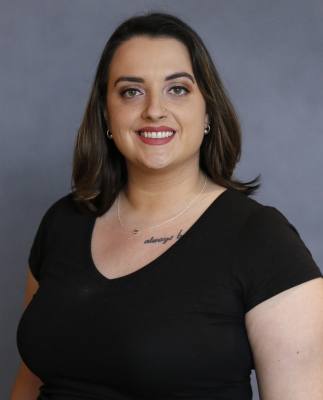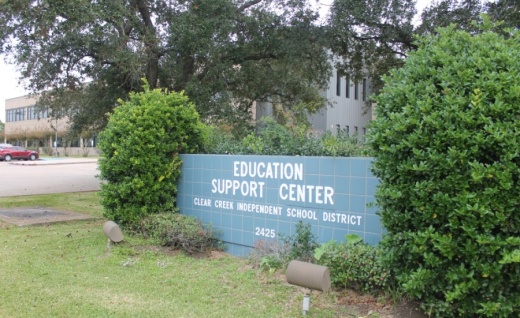The board of trustees voted to approve the payments at its Feb. 22 meeting, though trustees Michelle Davis and Scott Bowen opposed the measure due to its timing amid budgetary uncertainty. The district will spend $2.8 million to provide its 5,480 employees, approximately 2,800 of whom are teachers, with payments of either $250 or $500, according to district leaders and board meeting documents.
Staffers working more than half-time received $500 payments Feb. 26, and those working less than half-time will receive $250 payments April 16.
The move is intended to express gratitude to current CCISD staffers and to attract prospective ones to the district, said Superintendent Eric Williams and Casey O'Pry, CCISD assistant superintendent of human resources.
“It is not the norm to be offering what our employees are pulling off,” Williams said. "[The payments are] from the heart in terms of an acknowledgment of the efforts that are made ... [and also] about retention of good employees, and ultimately, that’s good for kids.”
The money for the payments will come from a reserve fund that was initially set up for capital purchases but can be used for various other circumstances, including pandemic response, said Paul McLarty, CCISD deputy superintendent of business and support services.
The pandemic response fund began at $10.9 million, and $7.4 million of that money went toward purchasing laptops to complete CCISD’s one-to-one device program, McLarty said. While it is possible some of the laptop costs could be reimbursed, McLarty said he does not anticipate that they will.
McLarty said providing these payments now will not hinder the district from giving salary increases next year because the payments are being funded through a different part of the budget. Pandemic budgetary needs are different, he added: While the district is spending more in some areas, travel expenses have been virtually eliminated because employees are not traveling amid COVID-19.
While some funding sources are in flux, district leaders did not express concerns over this measure’s potential to create any critical financial deficits. Each year, McLarty said, the district ends up not spending anywhere from $2 million to $5 million of its overall budget.
“We can never spend all of our budget, no matter how hard we try,” he said.
Still, Bowen and Davis said the district could facean uphill battle with funding in the coming months, which led both to say they felt the measure’s timing was poor.
Davis said it is unclear how much it will cost to repair storm damage at nearly 40 of the district’s 45 campuses and added that CCISD is already a preferred district for both staff and families. These reasons, she said, led her to think the district should hold off on providing the payments and not feel the need to mirror the actions of other area districts. Since November, Cy-Fair, Tomball and Magnolia ISDs have approved some type of one-time, pandemic-related employee bonus.
“I’m not sure that we need to keep up with the Joneses just because other districts are doing this,” Davis said. “These other districts might not be in any way, shape or form competition for future employees that we may be trying to recruit. ... I don’t think this is a good time to be having this conversation.”
Bowen agreed, citing similar budgetary concerns.
“The numbers being what they are, I'm not in favor of making the payment now. I just think there are too many what-ifs that could leave us in a very bad position,” he said. “At the end of the day, no single drop thinks it's responsible for a flood.”
Trustee Jennifer Broddle said the payments help honor the fact that employees have worked in beyond-normal, potentially frightening situations.
"[It's] something small we can do to show our employees that we do treat them as professionals,” she said.
March is when the district gets the most applicants for the upcoming school year, O’Pry said; trustee Page Ranger concurred and said that for this reason, there is a sense of urgency around providing the payments.
“If we don't do it now, later is going to be too late,” she said. “We’re coming up on contract renewals and the time when teachers start shopping around for other options.”





